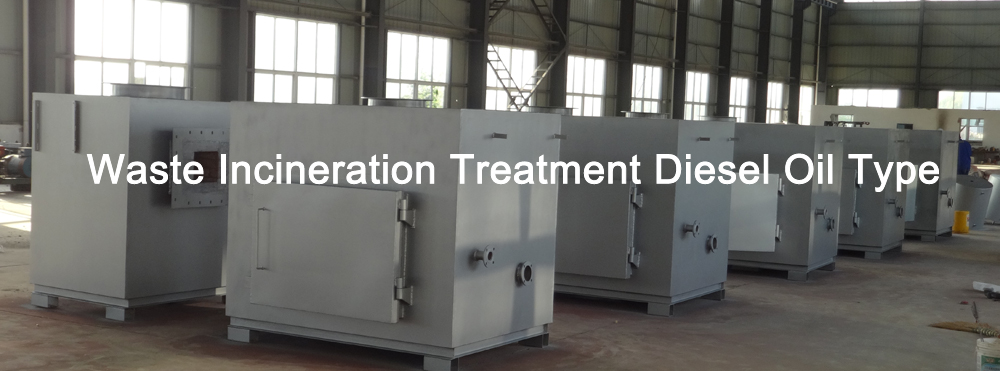As the world shifts towards renewable and sustainable energy sources, Saudi Arabia, a country known for its oil wealth, is also making strides towards a greener future. One of the key technologies at the forefront of Saudi Arabia’s green energy agenda is energy recovery incineration.
Energy recovery incineration is a process that involves the burning of waste materials to produce energy. This can include municipal solid waste, industrial waste, and biomass. The heat generated from the combustion process is then used to create steam, which in turn drives a turbine to produce electricity.
In Saudi Arabia, where the generation of waste is a significant issue, energy recovery incineration presents an opportunity to not only reduce the volume of waste sent to landfills but also to generate clean and sustainable energy. With the Kingdom’s Vision 2030 initiative aiming to diversify its energy sources and reduce its dependence on oil, energy recovery incineration is a promising technology that aligns with these goals.
The implementation of energy recovery incineration in Saudi Arabia is not only a means to reduce waste and produce clean energy but also has the potential to create economic opportunities. By investing in this technology, the country can create jobs in the waste management and energy sectors, as well as attract foreign investment in the renewable energy industry.
Furthermore, energy recovery incineration can help Saudi Arabia reduce its carbon footprint and mitigate the impact of climate change. By harnessing the energy from waste that would otherwise end up in landfills, the country can reduce greenhouse gas emissions and contribute to global efforts to combat climate change.
While the potential benefits of energy recovery incineration in Saudi Arabia are clear, there are also challenges to overcome. One of the main concerns is maintaining environmental standards and ensuring that the process does not result in harmful emissions or pollutants. Proper waste management and emission control technologies are essential to address these concerns and ensure that the implementation of energy recovery incineration aligns with sustainable practices.
In conclusion, energy recovery incineration plays a crucial role in Saudi Arabia’s green energy agenda by addressing waste management challenges, reducing reliance on fossil fuels, and creating new opportunities for economic development. By investing in this technology, Saudi Arabia can position itself as a leader in renewable energy and contribute to global efforts to transition towards a sustainable and low-carbon future.



